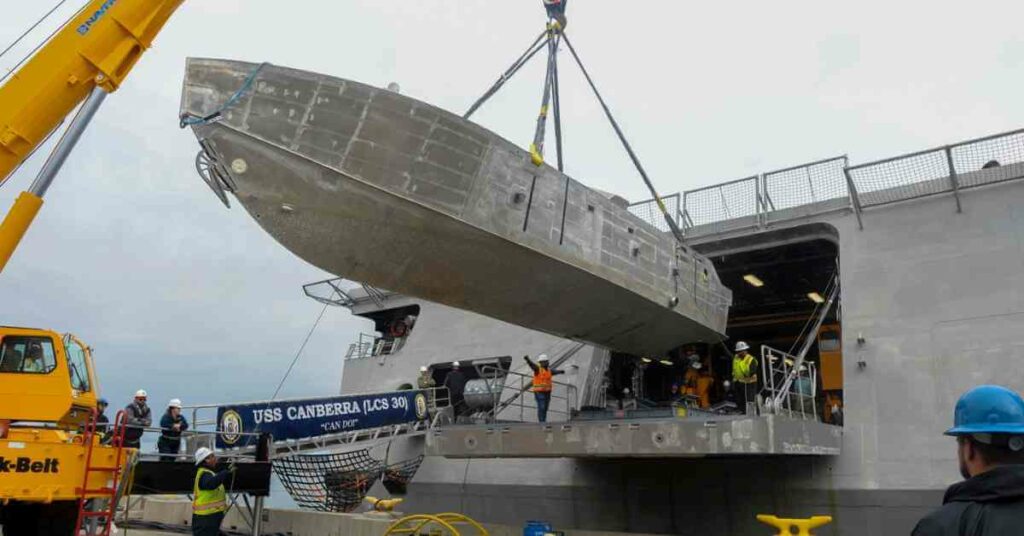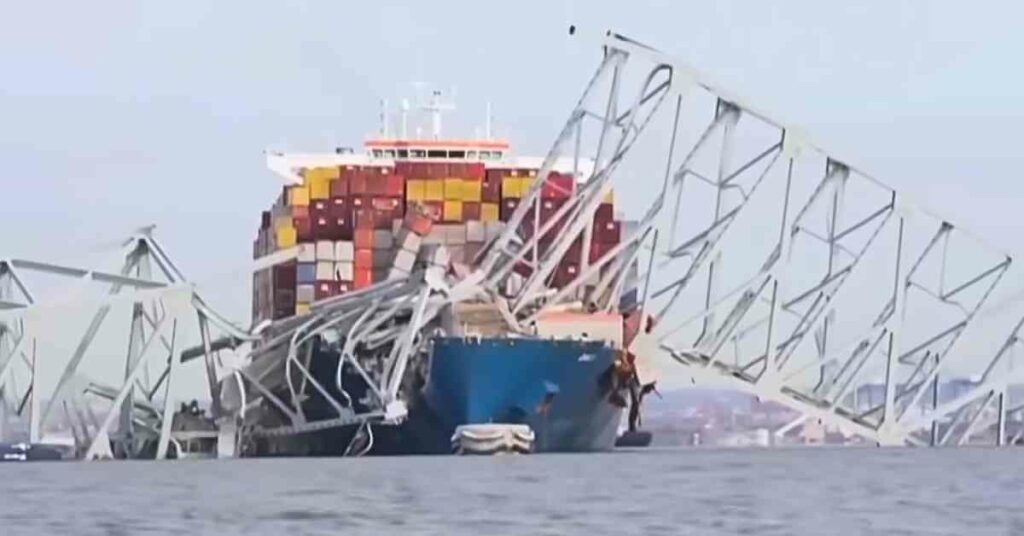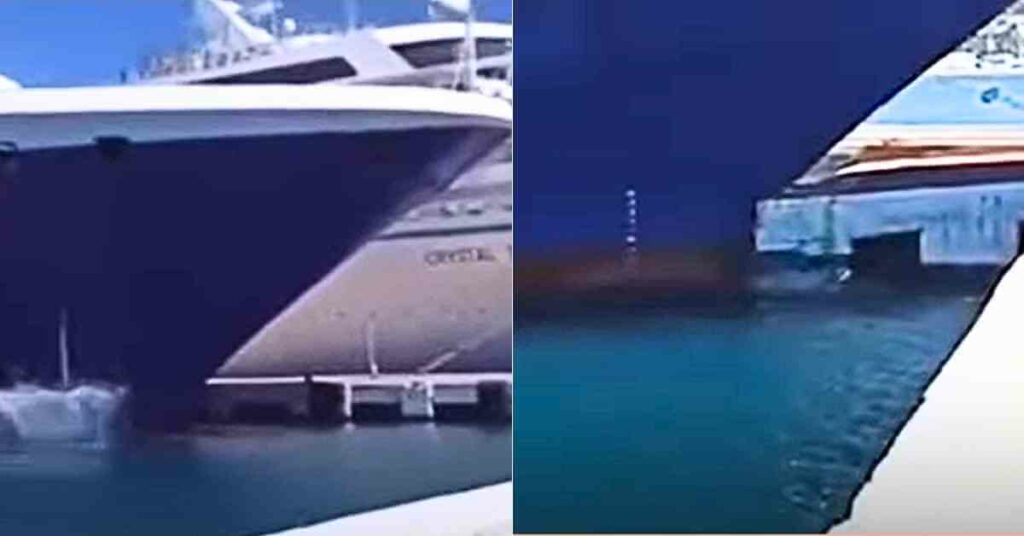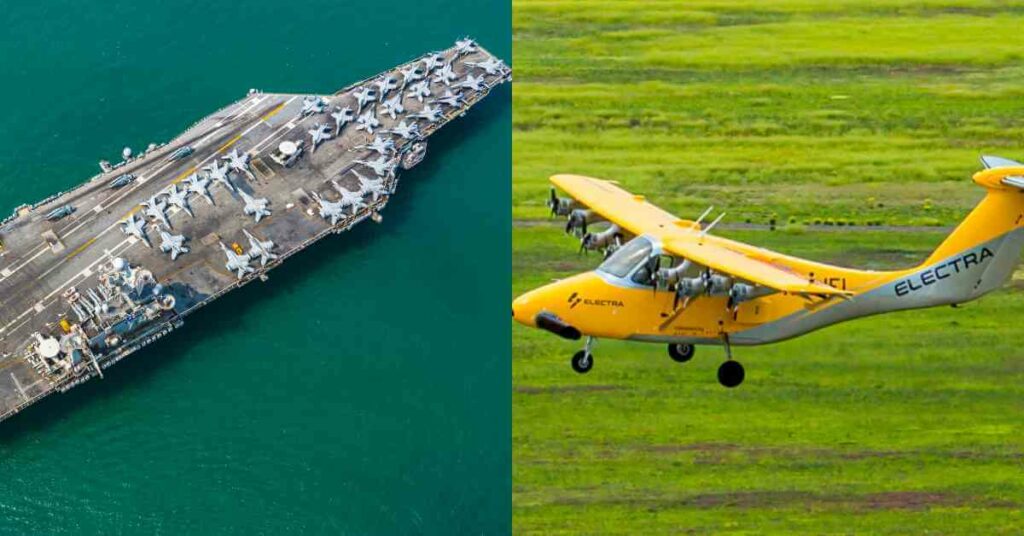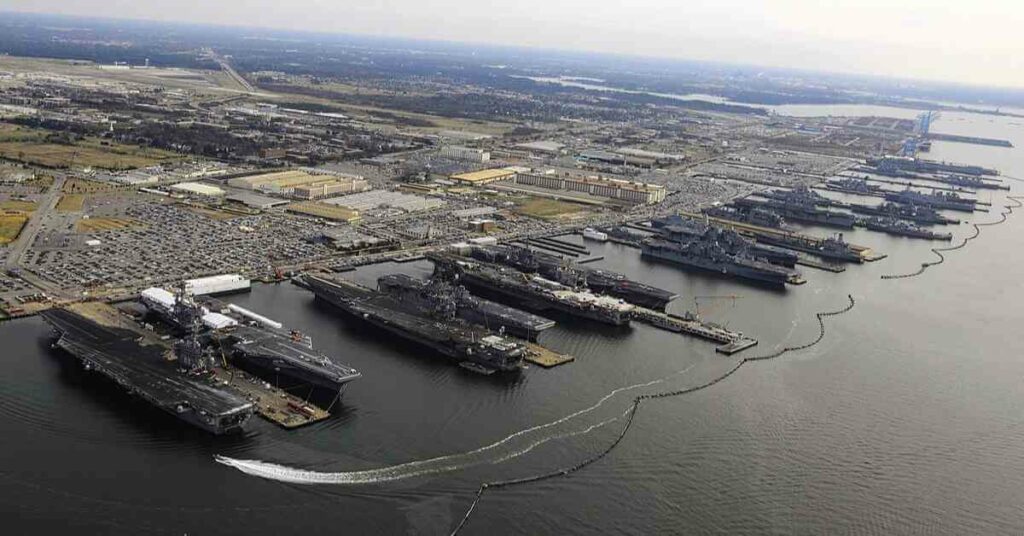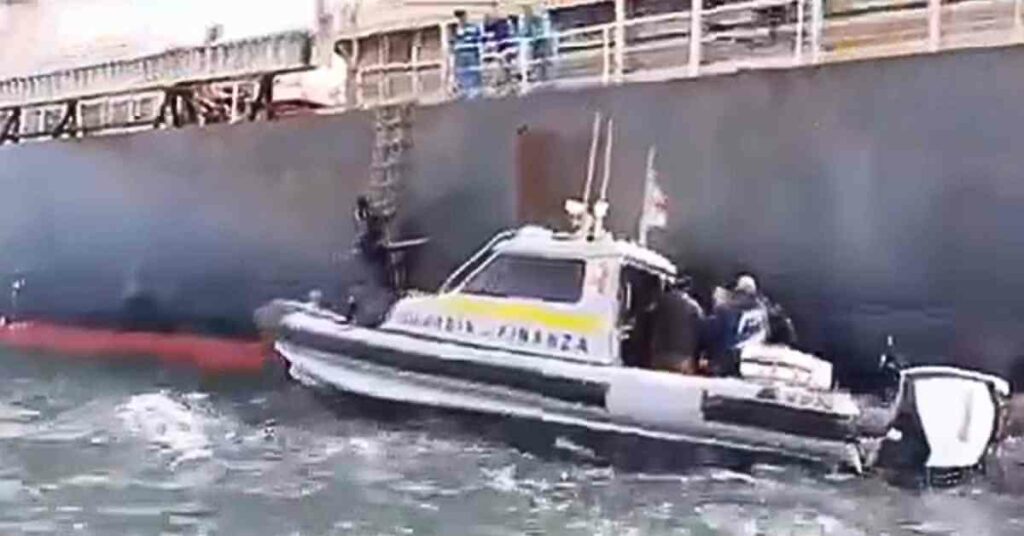Rotterdam Bunker Port Tracks Reduce In Sale Of Fuel Oil & Increase In LNG
In 2018, the sale of bunker oil – fuel for shipping – in the Rotterdam bunker port decreased from 9.9 million m3 to 9.5 million m3. The decrease can almost entirely be ascribed to the decline in sales of heavy fuel oil from 8.3 million m3 to 7.9 million m3. The throughput of LNG – liquefied natural gas – as bunker fuel increased considerably from 1,500 to 9,500 tonnes.
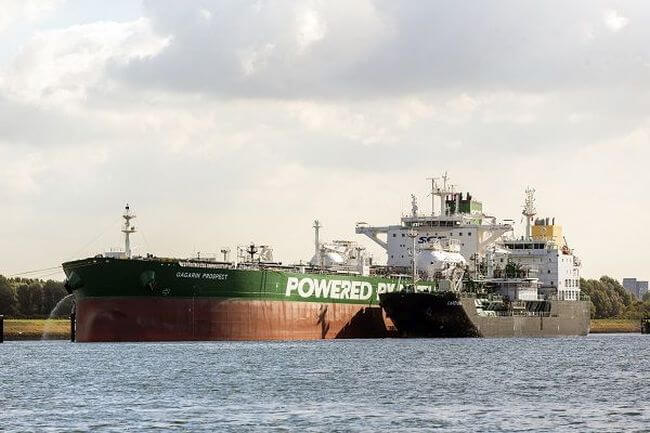
The Port of Rotterdam Authority suspects that the decline in bunker volumes in Europe’s largest bunker port is a consequence of the increased scale and use of modern vessels in container shipping. Supplies to container ships account for approximately 70 per cent of the total Rotterdam bunker market.
These days, LNG bunkering in Rotterdam is business as usual. As well as Titan LNG, Shell and Anthony Veder have now also registered as LNG bunker specialists in the Rotterdam port.
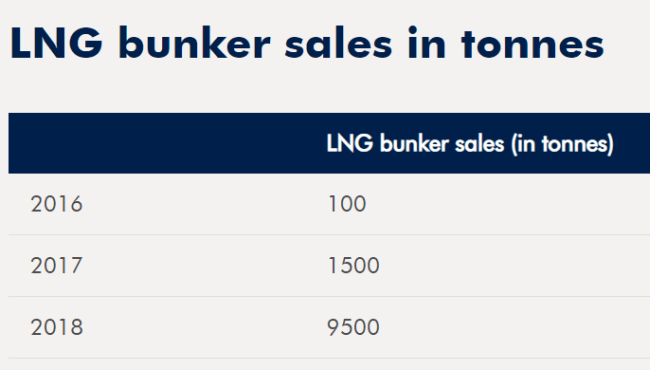
The Port Authority is expecting to have ten suppliers within five years and a considerable increase in LNG bunkering.

Timetobunker App
The introduction of the so-called ‘Timetobunker App’ was successful. The Port Authority started a trial last summer with bunker specialists VT Group, Unibarge, Titan LNG, FTS Hoftrans and Transnational Blenders, for digital bunker registration via this specially-developed application. The app is now available to other bunker suppliers, and the ‘Timetobunker App’ is also live.
Bunker specialists in the Port of Rotterdam are obliged to report to the Port Authority prior to commencing each bunkering operation. Until now, this took place via VHF. As some 20,000 bunkering operations take place each year, being able to register these online enables the majority of the processes to be automated and enables more efficient operations. The application also allows the report to be submitted to both the Port Authority and Customs (optional) at the same time.
VLSFO
From 2015 in Rotterdam ships may sail only with fuels with max. 0.1% sulfur. The port of Rotterdam is in a so-called Emission Control Area (ECA). From January 2020 new rules will apply to permitted sulphur levels in fuel for shipping. We welcome this. According to the international regulations set by the IMO, International Maritime Organization, the permitted level will then be 0.5%. The current maximum sulphur level in shipping fuels is 3.5 percent. This means that shipping needs to either install emission-reducing systems or switch to a cleaner fuel such as LNG – which doesn’t contain sulphur.
The oil product refineries and storage terminals in Rotterdam are preparing themselves for the delivery and storage of so-called VLSFO (very low sulphur fuel oil), which contains the required 0.5% sulphur. In the past week, the market signalled the delivery of the first VLSFO bunkers in Rotterdam.
Reference: portofrotterdam.com
Disclaimer :
The information contained in this website is for general information purposes only. While we endeavour to keep the information up to date and correct, we make no representations or warranties of any kind, express or implied, about the completeness, accuracy, reliability, suitability or availability with respect to the website or the information, products, services, or related graphics contained on the website for any purpose. Any reliance you place on such information is therefore strictly at your own risk.
In no event will we be liable for any loss or damage including without limitation, indirect or consequential loss or damage, or any loss or damage whatsoever arising from loss of data or profits arising out of, or in connection with, the use of this website.
Disclaimer :
The information contained in this website is for general information purposes only. While we endeavour to keep the information up to date and correct, we make no representations or warranties of any kind, express or implied, about the completeness, accuracy, reliability, suitability or availability with respect to the website or the information, products, services, or related graphics contained on the website for any purpose. Any reliance you place on such information is therefore strictly at your own risk.
In no event will we be liable for any loss or damage including without limitation, indirect or consequential loss or damage, or any loss or damage whatsoever arising from loss of data or profits arising out of, or in connection with, the use of this website.
Do you have info to share with us ? Suggest a correction
About Author
Marine Insight News Network is a premier source for up-to-date, comprehensive, and insightful coverage of the maritime industry. Dedicated to offering the latest news, trends, and analyses in shipping, marine technology, regulations, and global maritime affairs, Marine Insight News Network prides itself on delivering accurate, engaging, and relevant information.

About Author
Marine Insight News Network is a premier source for up-to-date, comprehensive, and insightful coverage of the maritime industry. Dedicated to offering the latest news, trends, and analyses in shipping, marine technology, regulations, and global maritime affairs, Marine Insight News Network prides itself on delivering accurate, engaging, and relevant information.
Latest Shipping News Articles You Would Like:
Subscribe To Our Newsletters
By subscribing, you agree to our Privacy Policy and may receive occasional deal communications; you can unsubscribe anytime.




